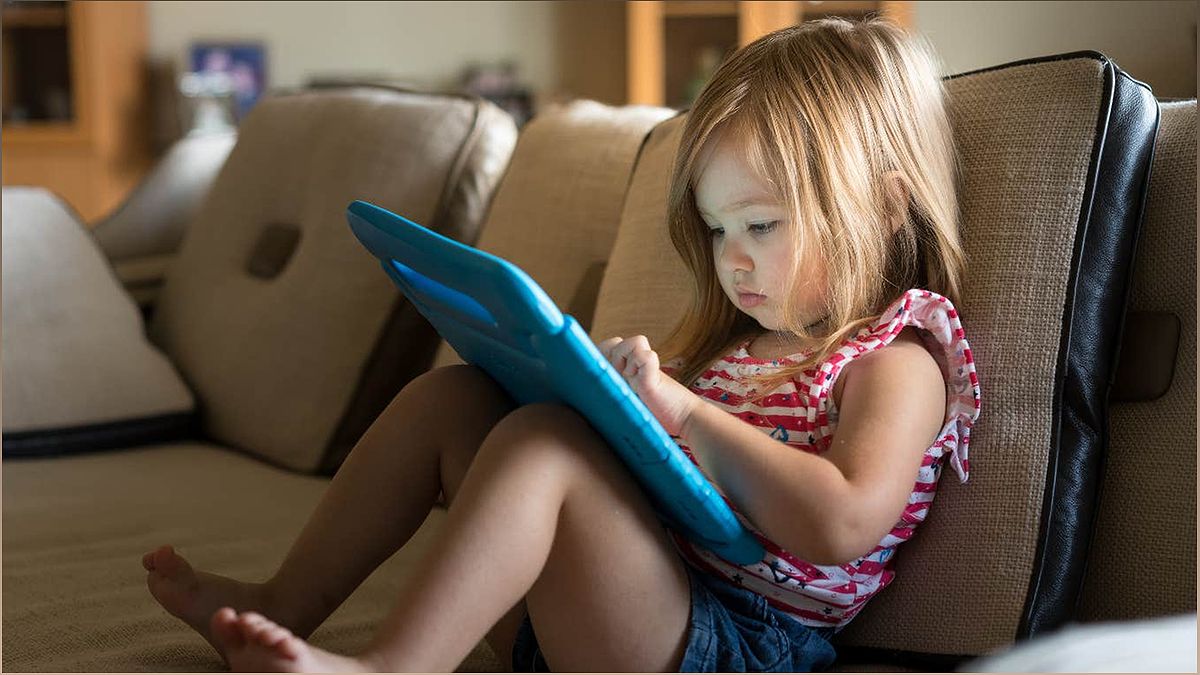In today's digital age, the impact of excessive screen time on child development has become a topic of concern. As a content writer with a background in neuroscience, I've observed the noticeable differences in behavior between children raised with technology and those who aren't. Within just ten minutes of meeting a child, it becomes evident whether they have been exposed to excessive screen time. Even babies as young as eight to ten months old show more interest in iPads than traditional toys. This raises concerns about the negative effects on cognitive and academic development, as well as parent-child interactions. While some screen time can be beneficial, it is crucial to limit and control it. Instead, encourage activities like coloring books, interactive toys, board games, puzzles, and outdoor play. Research suggests that high amounts of screen time can lead to cognitive and academic issues. Let's prioritize engaging with our children and not rely solely on tablets as the primary means of teaching them important skills.
The Noticeable Differences
As a child developmental researcher, I have noticed distinct differences in the behavior of children who have been raised with excessive screen time compared to those who haven't. Within the first ten minutes of meeting a child, it becomes evident whether they have been exposed to technology from an early age.
For instance, even babies as young as eight to ten months old often show little interest in playing with traditional toys, but become immediately engaged when presented with an iPad or other screens. This raises concerns about the impact of excessive screen time on their development.
The Negative Impact on Development
Research suggests that high amounts of screen time can lead to cognitive and academic issues in children. Excessive screen time has been linked to difficulties in attention, language development, and problem-solving skills.
Moreover, prolonged exposure to screens can hinder the development of social and emotional skills, as children may struggle with face-to-face interactions and empathy. This highlights the importance of limiting and controlling screen time to ensure healthy development.
Alternative Activities for Healthy Growth
Instead of relying solely on screens to entertain children, it is essential to provide them with a variety of alternative activities that promote healthy growth. Encourage activities such as coloring books, interactive toys, board games, puzzles, and outdoor play.
These activities not only stimulate cognitive development but also foster creativity, problem-solving skills, and social interactions. By engaging with children in these activities, parents can strengthen the parent-child bond and create lasting memories.
The Importance of Limiting Screen Time
While some screen time can be beneficial, it is crucial to set limits and establish a healthy balance. The American Academy of Pediatrics recommends no more than one hour of screen time per day for children aged 2 to 5, and consistent limits for older children.
By setting boundaries, parents can ensure that screen time does not interfere with other important aspects of a child's life, such as physical activity, sleep, and face-to-face interactions. It is important to be mindful of the content children are exposed to and prioritize quality educational programs and age-appropriate content.
Screen Time as a Supplement, Not a Substitute
While screens can provide educational content and interactive learning experiences, they should not be relied upon as the primary means of teaching children important skills. Research has shown that hands-on, real-world experiences are crucial for optimal development.
Parents play a vital role in facilitating these experiences by engaging in activities that promote problem-solving, critical thinking, and creativity. By balancing screen time with hands-on learning, children can develop a well-rounded set of skills necessary for their future success.


